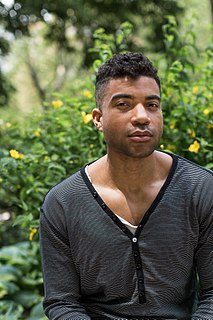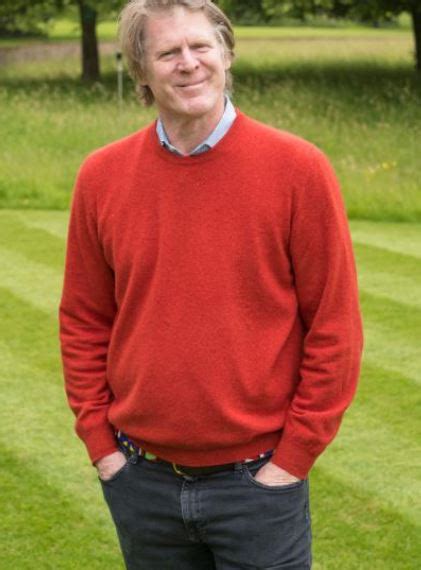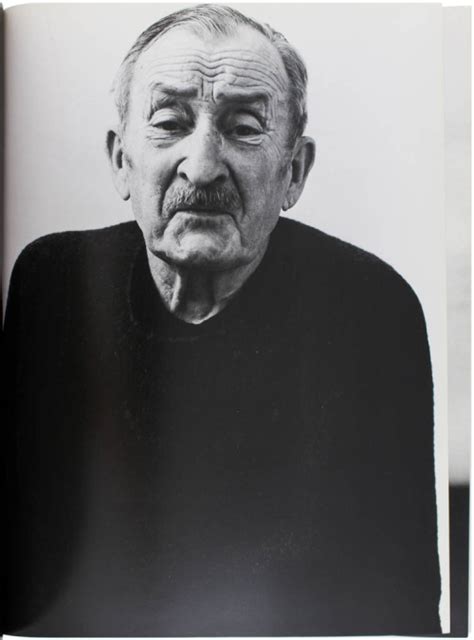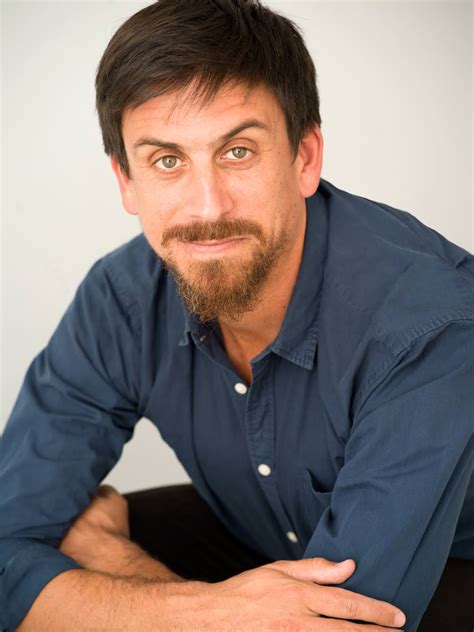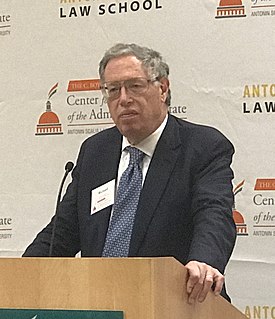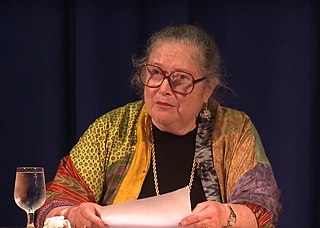A Quote by Patricia J. Williams
In the law, rights are islands of empowerment. . . . Rights contain images of power, and manipulating those images, either visually or linguistically, is central in the making and maintenance of rights. In principle, therefore, the more dizzyingly diverse the images that are propagated, the more empowered we will be as a society.
Related Quotes
I am myself a professional creator of images, a film-maker. And then there are the images made by the artists I collect, and I have noticed that the images I create are not so very different from theirs. Such images seem to suggest how I feel about being here, on this planet. And maybe that is why it is so exciting to live with images created by other people, images that either conflict with one's own or demonstrate similarities to them.
The UN Declaration of Human Rights laid down what any person might reasonably expect, yet there are remarkably few people who enjoy these rights. With cameras in the hands of activists and meaningful distribution of those images, we will witness what really goes on in this world and hopefully want to change it.
To suffer is one thing; another thing is living with the photographed images of suffering, which does not necessarily strengthen conscience and the ability to be compassionate. It can also corrupt them. Once one has seen such images, one has started down the road of seeing more - and more. Images transfix. Images anesthetize.
The sceptic ultimately undermines democracy (1) because he can see no significance in death and such things of a literal equality; (2) because he introduces different first principles, making debate impossible: and debate is the life of democracy; (3) because the fading of the images of sacred persons leaves a man too prone to be a respecter of earthly persons; (4) because there will be more, not less, respect for human rights if they can be treated as divine rights.
Freedom is not empowerment. Empowerment is what the Serbs have in Bosnia. Anybody can grab a gun and be empowered. It's not entitlement. An entitlement is what people on welfare get, and how free are they? It's not an endlessly expanding list of rights - the "right" to education, the "right" to food and housing. That's not freedom, that's dependency. Those aren't rights, those are the rations of slavery - hay and a barn for human cattle.
Making photographs that dealt with the understanding of who I am as a gay man and dealt with the process of accepting that, and also accepting what I'm into sexually, what sexually arouses me. So I was making these images not necessarily knowing what they were about, but just putting it out there - that mode of thinking or consideration of my own desires, and also the much larger conversation around images that deal with ideas of sexuality and how those images are distributed and then accepted or understood by whoever is viewing those images.
Computer images, like camera images today, will be seen as representations of a simulated, second-degree reality with little or no connection to the unmediated world. This is one lesson we can learn from photographs, and especially from those of the last 25 years: images exist not to be believed, but to be interrogated.
Human rights' are a fine thing, but how can we make ourselves sure that our rights do not expand at the expense of the rights of others. A society with unlimited rights is incapable of standing to adversity. If we do not wish to be ruled by a coercive authority, then each of us must rein himself in...A stable society is achieved not by balancing opposing forces but by conscious self-limitation: by the principle that we are always duty-bound to defer to the sense of moral justice.










